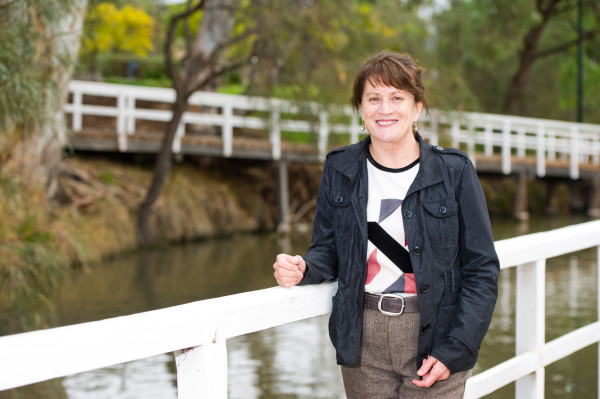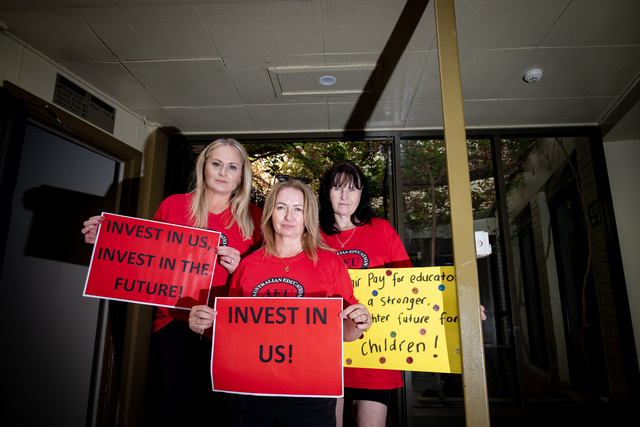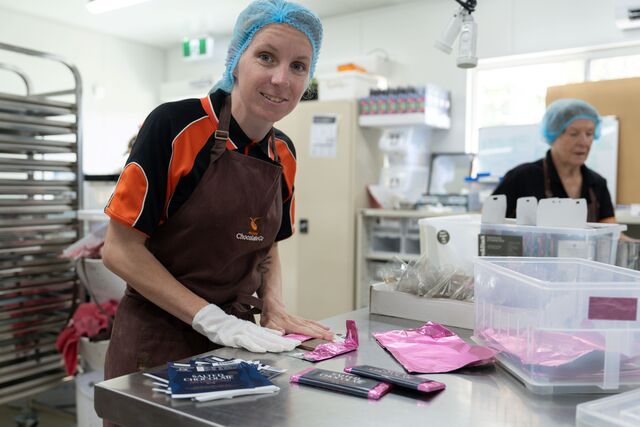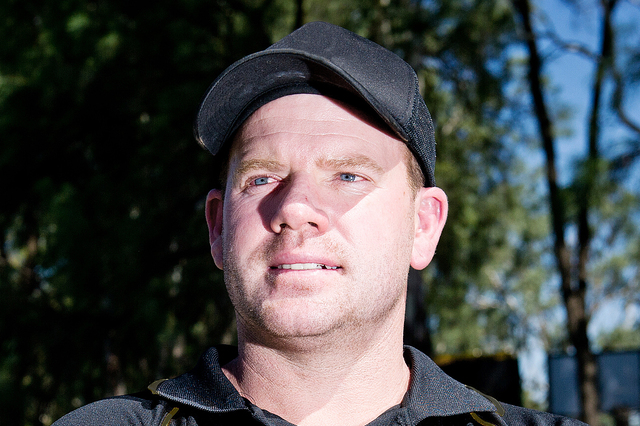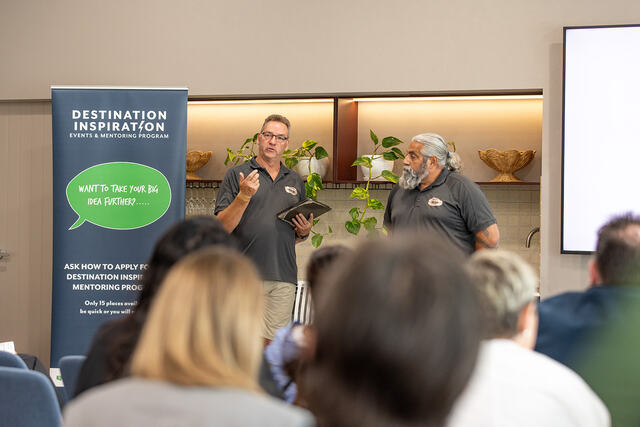By Helen Healy
THE recent debacle surrounding Grace Tame’s refusal to smile in a photo shoot with Prime Minister Scott Morrison raises the need for a conversation about why women feel compelled to smile and what happens when they don’t.
In my opinion, Ms Tame’s tenure as Australian of the Year and her continued campaign around sexual abuse was an outstanding success, largely because she wasn’t going to be fobbed off or accept a half-hearted response to the issue. Furthermore, she wasn’t going to be controlled or play lip service to the stereotypical female norm of subservience.
Ms Tame’s refusal to smile upset many who don’t want to be disturbed by someone who will bear witness to a truth about human nature that we don’t want to confront.
But on a deeper level, there is a consequence when women don’t smile, or behave as expected. Men rarely face the same level of critique. For instance, the conservatives didn’t get on their high horse when the PM turned his back on Tanya Plibersek in parliament or when former High Court judge Kenneth Hayne refused to shake Josh Frydenberg’s hand or smile for the media.
Women are expected to smile for several reasons, including maintaining the stereotypical female norm of being pleasingly attractive and approachable, and at its darkest as a method of control.
As a consequence, we are witnessing a paradigm shift in this country when it comes to women and girls faking they are comfortable, when in fact they are not, and Ms Tame’s advocacy has played a critical role.
The former Australian of the Year, a child sexual assault survivor, knows the impact of misplaced manners only too well, saying: “My past is only relevant to the extent that I have seen – in fact I have worn – the consequences of civility for the sake of civility.”
Coming on the back of the #metoo movement and exposure of sexual abuse in parliamentary workplaces, Ms Tame’s advocacy has had an impact on conversations in homes, workplaces and political spheres around the nation. Her authenticity gave many survivors the courage to stop pretending everything was all right and speak up about their own sexual abuse. I personally know people who, as a result of her activism, have decided to reach out and seek support rather than remain in a shame-induced silence.
Ms Tame put it best when she spoke about the “consequences of civility for the sake of civility”, saying: “The survival of abuse culture is dependent on submissive smiles and self-defeating surrenders. It is dependent on hypocrisy.”
If we as a society want to end the pandemic of abuse and murder of women in this country, we must all be brave and take authentic action like Ms Tame does every day.
Don’t smile or laugh off discrimination, inequality and problematic behaviour, especially when faced with someone in a position of power. Say something, call it out, or nothing will change and the smiles we are conditioned to perform for the comfort of others will continue to protect the perpetrators.
Telling a woman to smile, even if the intent is innocent, is domineering and condescending. There is nothing wrong with people smiling – whatever their gender – but if you would like someone to smile so you can feel better, perhaps do something positive to encourage an authentic smile.
I believe Ms Tame’s refusal to smile was a parting gift to survivors of sexual abuse and all Australians because it encourages us, especially women, to be courageous and authentic.
And that is something to smile about.
* Helen Healy is Mildura councillor for community development and gender equity.

